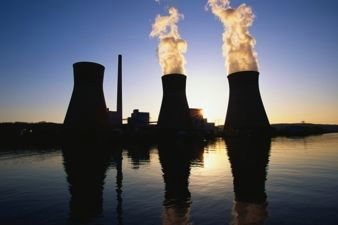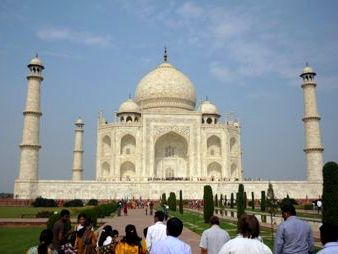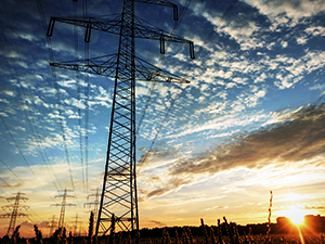 Toliara, Madagascar – Earth Hour 2013 commemorations in Madagascar had as their highlight the distribution of one thousand wood-saving stoves to victims of the recent Cyclone Haruna in the southern town of Toliara, extensively damaged in the February 22nd storm.
Toliara, Madagascar – Earth Hour 2013 commemorations in Madagascar had as their highlight the distribution of one thousand wood-saving stoves to victims of the recent Cyclone Haruna in the southern town of Toliara, extensively damaged in the February 22nd storm.
The initiative by WWF and the Association for the Development of Solar Energy (ADES) allows each family that receives a stove to cut their charcoal consumption in half while also protecting forests, reducing emissions and save themselves money.
“The daily use of these 1000 stoves will protect 175 ha of forests and save 6,650 tons of wood per year. 4000 tons of CO2 emissions can be avoided and each beneficiary family will be able to spare some 200 m2 of forests every year,” said José Randrianirina Patrick, Director of ADES’ Centre in Toliara.
“Each family can save at least $3 a month by using our stoves, $36,000 per year for all beneficiaries. This is a lot in a country where 90% live on less than $1 a day,” Patrick added.
Switching off the lights makes little sense for a population where the majority has no electricity at home, so the spirit of Earth Hour, in a country like Madagascar, must be in line with people’s lives.
“The conservation of the environment and economic interests are not contradictory. WWF-Madagascar’s experience demonstrates that environmental protection always accompanies the development on a national or regional level as well as families and communities,” says Richard Hughes, Regional Representative at WWF in Madagascar. “In these difficult times when families rebuild their lives after Cyclone Haruna, we hope that the contribution of these wood-saving stoves by WWF and ADES will assist them in rebuilding their lives.”
Deforestation is the main environmental threat and the demand for fuel wood and charcoal is leading to a rampant degradation of Madagascar’s unique natural forests. 80% of the population cook with charcoal or fire wood and 92% of the energy used in Madagascar every day is for cooking purpose.
8000 ha of Forests for Charcoal Each Year
Toliara is no exception: its annual charcoal consumption was estimated in 2012 to be 30,000 tonnes, which means 8000 ha of forests, are being decimated every year.
“If efficient, wood-saving stoves are used by all 35,000 households in Toliara, we believe that coal consumption will decrease by 50% and the area of forest lost to the exploitation of charcoal too. During Earth Hour, we hope to inspire people to adopt these stoves,” said Rina Andrianarivony, Fuel Wood Programme Officer at WWF.
10,000 Trees to Green Schools in Antananarivo
In another Earth Hour event, WWF is collaborating with the school district of Antananarivo, to plant 10,000 trees around the capital.
“Through this action, we promote the idea that Earth Hour must go beyond the hour,” said Rachel Senn Harifetra, Head of WWF Madagascar’s Education Programme. “Reforestation and maintenance of seedlings are among the actions that Malagasy youth should adopt at an early age.”
Since Earth Hour 2012, WWF has been assisting in training the school supervisors in planting techniques and the maintenance of plants.
Source: WWF.



















